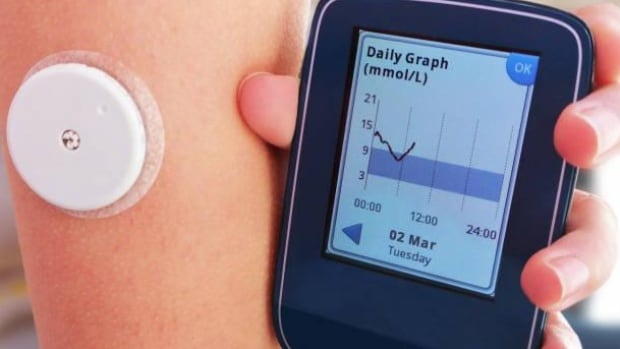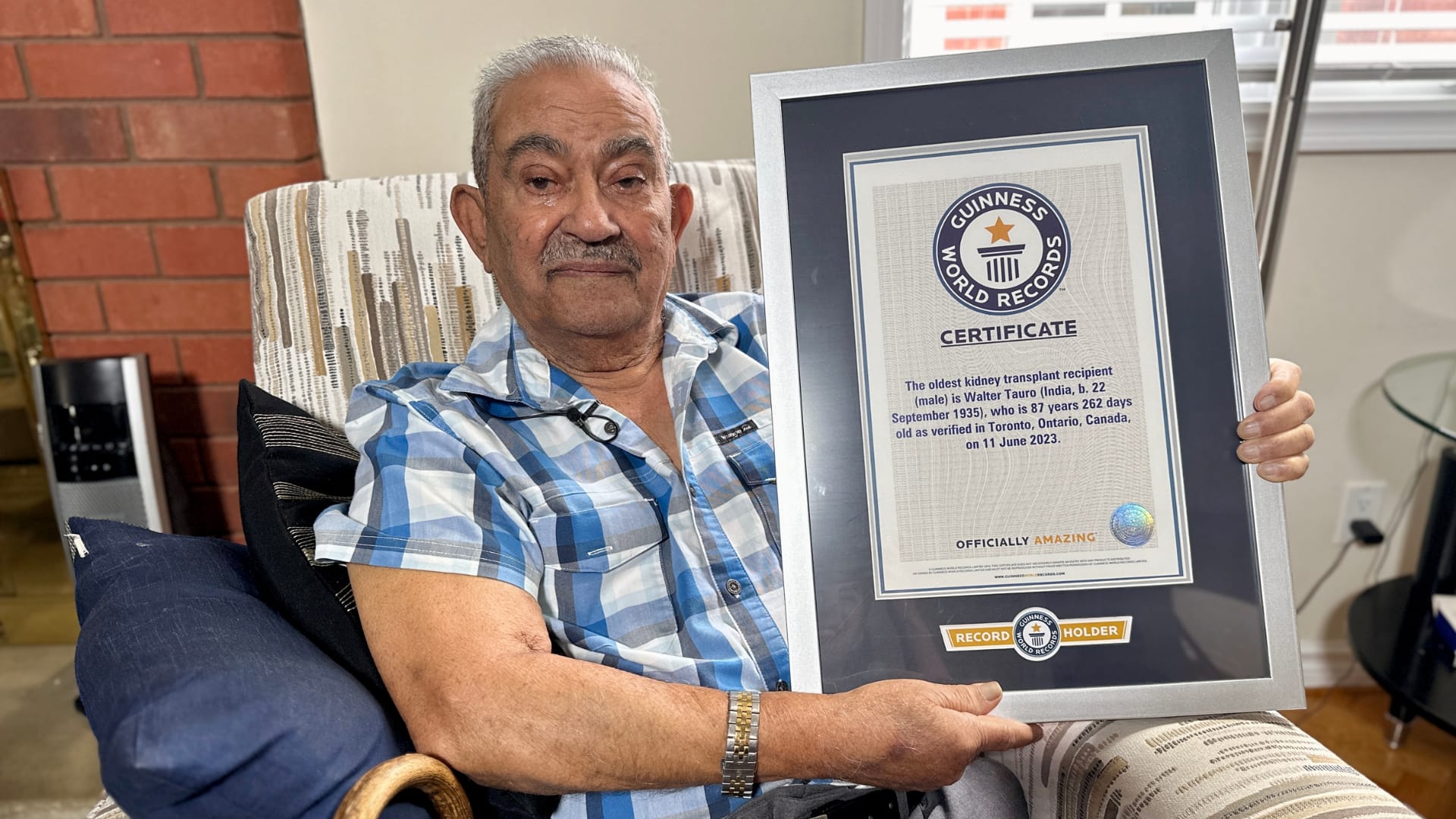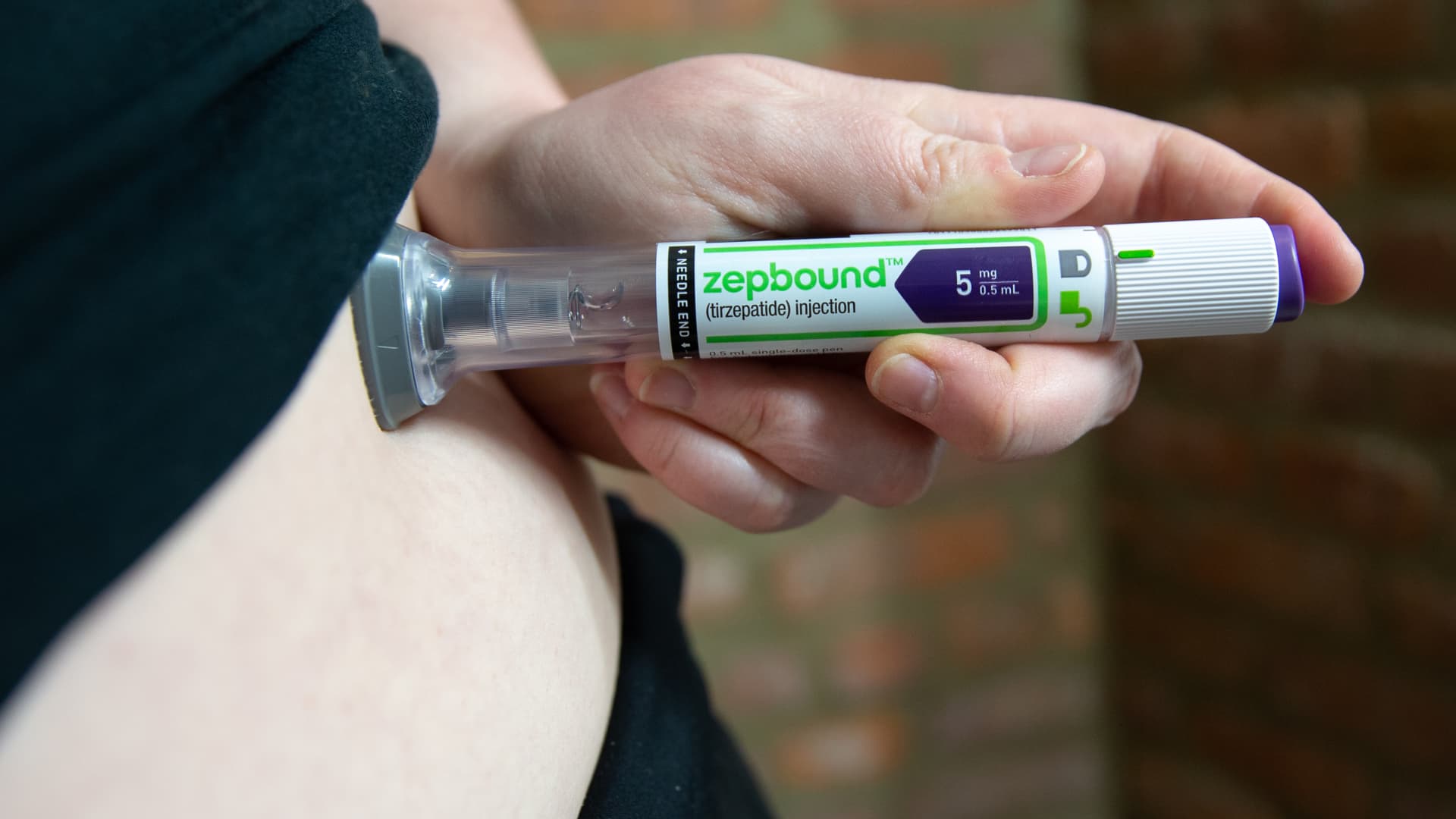A Nova Scotia program that helps cover the cost of sensor-based glucose monitors for people with diabetes doesn’t go far enough, says a Cape Breton man who was denied coverage.
Steven Roberts, who has Type 2 diabetes, said he was “really pissed off” to learn he’s not eligible for the program because he only requires an insulin injection once a day, instead of multiple times.
The 71-year-old pays more than $100 every two weeks for a sensor-based glucose monitor to help manage his blood sugar levels.
“Oh God, it helps me control it a lot better,” said Roberts.
Registration for the program opened last week for people with Type 1 and Type 2 diabetes who meet certain criteria, including requiring an insulin injection at least four times a day.
Many diabetics ineligible
There are nearly 107,000 people in Nova Scotia living with diabetes, but only five to 10 per cent have Type 1, or insulin-dependent diabetes, according to the Nova Scotia government.
People with Type 1 diabetes need insulin 24 hours a day, whether that’s a combination of long and short-acting insulin, or using an insulin pump. People with Type 2 diabetes have more varied treatments depending on the person.
Approximately a third of Type 2 diabetics use insulin to manage the disease, said a study released this year by LMC Diabetes and Endocrinology, which operates clinics and research sites in Ontario, Alberta and Quebec.
“If I could, I’d love to have any of my patients with Type 1 or Type 2 to have access to that [sensor] technology,” said Dr. Michael Mindrum, an internal medicine specialist who focuses on diabetic care in Nova Scotia Heath’s western zone.
The monitors aren’t as necessary for people with Type 2 diabetes as they are for people with Type 1, but the devices can help all diabetics, Mindrum said.
He compared a diabetic who doesn’t have a glucose monitor to a motorist driving at night with their lights off.
The sensors can provide a sense of relief for people with diabetes and build stronger connections with care providers and loved ones who can help monitor glucose levels as well, he said.

“I do think [the program] could have been extended to patients who are on once-a-day needles,” he said. “There’s data there that could have supported that.”
In a statement, a spokesperson for the Department of Health and Wellness said the program was designed to help cover the costs for people who rely on multiple doses of insulin each day and it will help thousands of Nova Scotians.
That’s not good enough for Roberts, who said the sensor allows him to easily read his glucose levels through the day without pricking his finger with a needle every hour or so.
“It’s just frustrating,” he said. “This would have been a big help.”
Diabetes can reduce someone’s lifespan by five to 15 years if not treated correctly, according to Diabetes Canada. The disease also increases the risk of other health issues such as cardiovascular disease and non-traumatic lower limb amputation.
A new program helps cover the cost of sensor-based glucose monitors in Nova Scotia, but the criteria is leaving some who depend on insulin to manage their diabetes ineligible.








